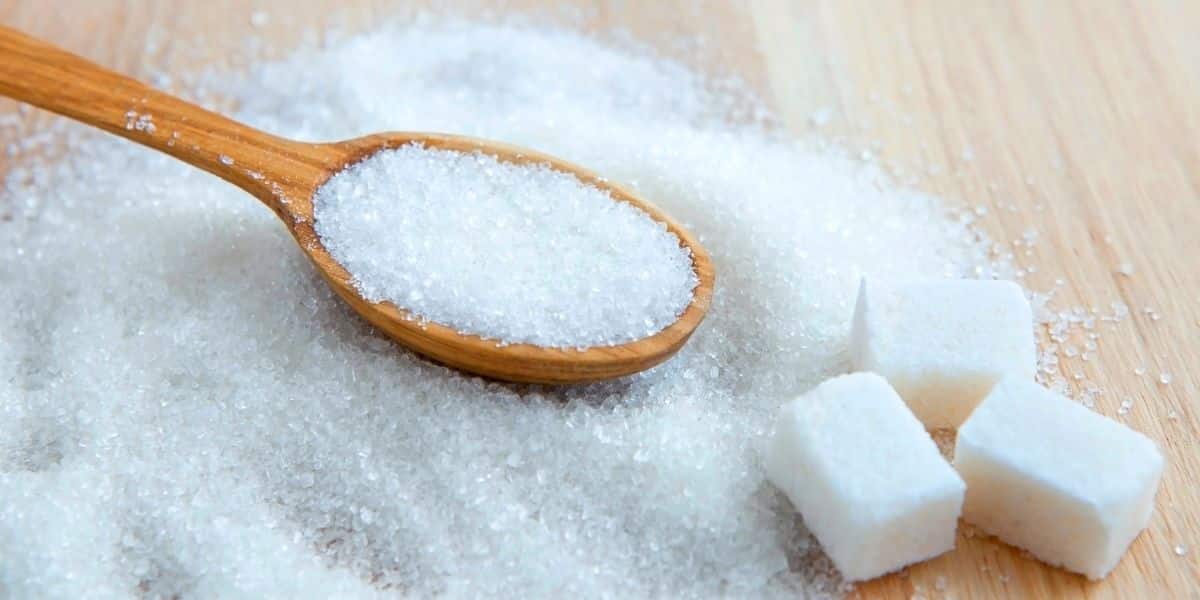Why in news?
- The researchers have pointed out the following issues in the report
- Long-term use of this particular artificial sweetener is associated with an increased risk of heart attack and stroke.
- Erythritol made platelets easier to activate and form a clot.
- After ingestion, erythritol is poorly metabolised by the body. Instead, it goes into the bloodstream and leaves the body mainly through urine.
- The human body creates low amounts of erythritol naturally, so any additional consumption can accumulate.
What is Erythritol?
- Erythritol is a popular artificial sweetener that is widely available throughout the world.
- It is an organic compound – a naturally occurring, four-carbon sugar alcohol (or polyol).
- It is used as a food additive and sugar substitute.
- Erythritol is 60–70% as sweet as sucrose (table sugar).
- However, it is almost completely noncaloric and does not affect blood sugar or cause tooth decay.
- Synthesis: It is synthesized from corn using enzymes and fermentation.
Q1) What is a heart attack?
A heart attack (medically known as a myocardial infarction) is a deadly medical emergency where your heart muscle begins to die because it isn’t getting enough blood flow. A blockage in the arteries that supply blood to your heart usually causes this.
Source: Does your artificial sweetener have Erythritol? Study says it raises risk of heart attack and stroke
Last updated on November, 2025
→ Check out the latest UPSC Syllabus 2026 here.
→ Join Vajiram & Ravi’s Interview Guidance Programme for expert help to crack your final UPSC stage.
→ UPSC Mains Result 2025 is now out.
→ UPSC Notification 2026 is scheduled to be released on January 14, 2026.
→ UPSC Calendar 2026 is released on 15th May, 2025.
→ The UPSC Vacancy 2025 were released 1129, out of which 979 were for UPSC CSE and remaining 150 are for UPSC IFoS.
→ UPSC Prelims 2026 will be conducted on 24th May, 2026 & UPSC Mains 2026 will be conducted on 21st August 2026.
→ The UPSC Selection Process is of 3 stages-Prelims, Mains and Interview.
→ UPSC Result 2024 is released with latest UPSC Marksheet 2024. Check Now!
→ UPSC Prelims Result 2025 is out now for the CSE held on 25 May 2025.
→ UPSC Toppers List 2024 is released now. Shakti Dubey is UPSC AIR 1 2024 Topper.
→ UPSC Prelims Question Paper 2025 and Unofficial Prelims Answer Key 2025 are available now.
→ UPSC Mains Question Paper 2025 is out for Essay, GS 1, 2, 3 & GS 4.
→ UPSC Mains Indian Language Question Paper 2025 is now out.
→ UPSC Mains Optional Question Paper 2025 is now out.
→ Also check Best IAS Coaching in Delhi

















